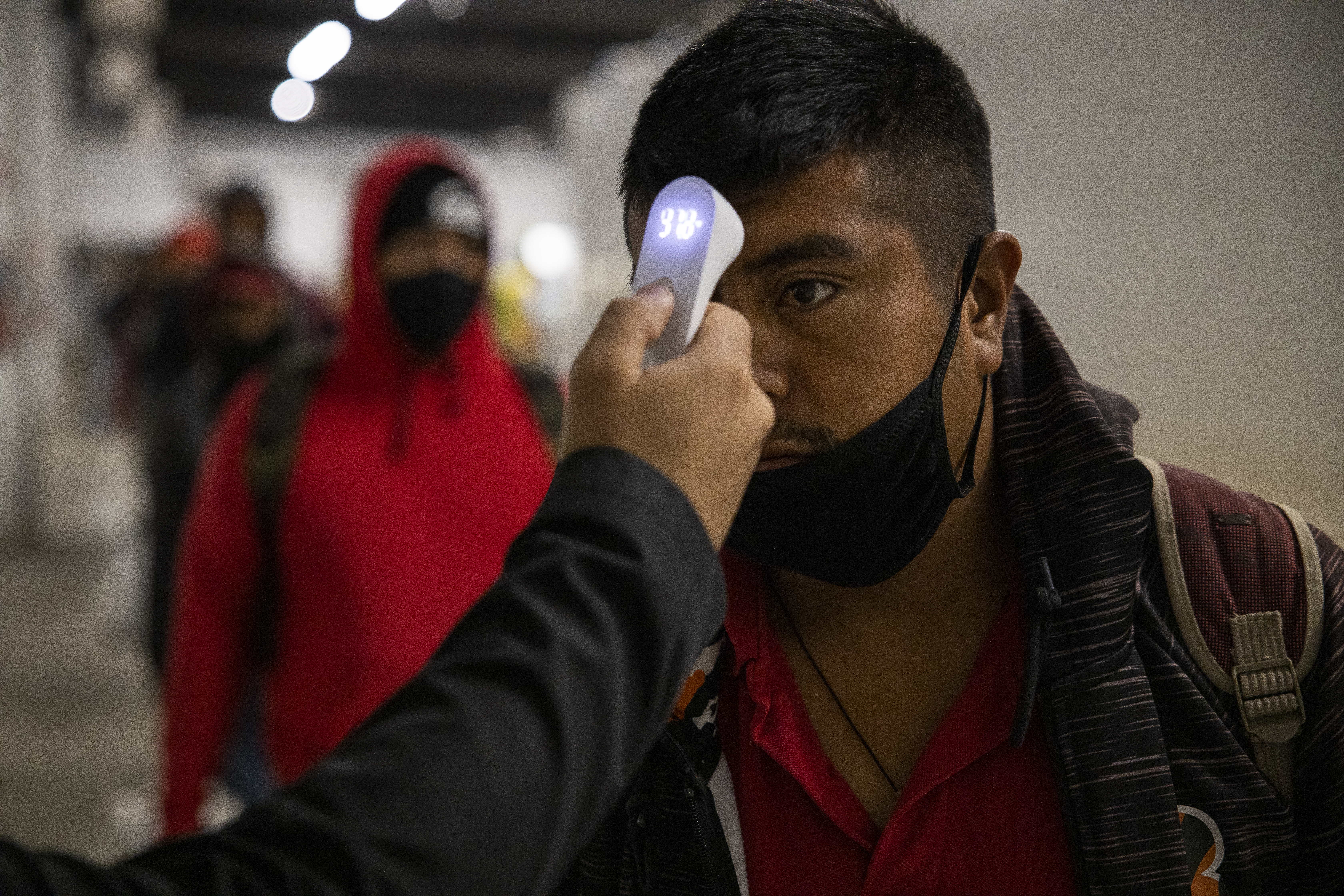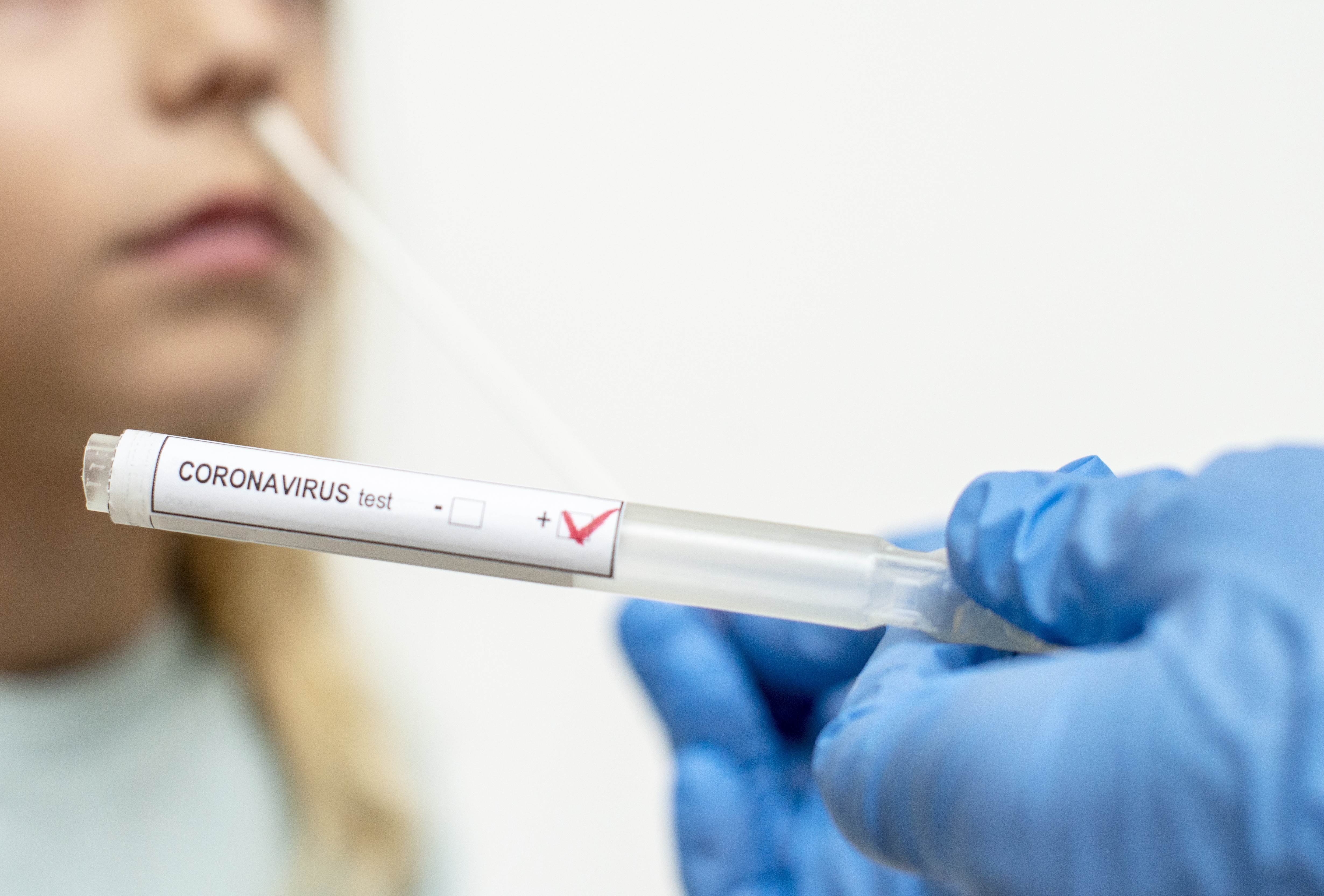Spring weather has brought the start of seasonal allergies for many, but with a global pandemic also impacting thousands, many have started questioning their symptoms.
Is it just pollen or could it be something more?
“Everyone is sort of analyzing every sneeze and cough right now,” said Kathy Przywara, who manages an online community of allergy sufferers for the Asthma and Allergy Foundation of America.
Feeling out of the loop? We'll catch you up on the Chicago news you need to know. Sign up for the weekly Chicago Catch-Up newsletter here.
Many garden-variety hay fever sufferers, of whom there are about 19 million adults in the U.S., are also on heightened alert.
So how can you tell the difference?
Start with the symptoms.
Seasonal allergies can often bring with them a cough and runny nose - both of which can be associated with some coronavirus cases - but they also bring itchy or watery eyes and sneezing, symptoms that are uncommon in coronavirus patients.
Meanwhile, symptoms like fever, difficulty breathing and fatigue are common with coronavirus, but not as much with seasonal allergies.
The U.S. Centers for Disease Control and Prevention recently added loss of taste and smell, chills, repeated shaking with chills, muscle pain, headache and sore throat to the list of symptoms associated with the virus.
And while not on the CDC's list, many more symptoms have appeared with some regularity.
The World Health Organization includes tiredness, diarrhea, nausea and a runny nose in its list of common and "other" symptoms.
Dozens of studies and reports have documented smaller subsets of people who've experienced everything from rashes to seizures to pink eye. Accumulating evidence points to a possible link to COVID-19, but experts maintain that more peer reviewed studies are needed to come to a conclusion about these less familiar symptoms.
There have also been reports a new condition dermatologists have dubbed "COVID toes."
For most people, the new coronavirus causes mild or moderate symptoms that clear up in a couple weeks. For others, it may cause no symptoms at all. Older adults and people with existing health problems are at higher risk of more severe illness, including pneumonia and death.
According to the Centers for Disease Control and Prevention, anyone experiencing emergency warning signs should seek medical care immediately. Those include, but are not limited to:
- Trouble breathing
- Persistent pain or pressure in the chest
- New confusion or inability to arouse
- Bluish lips or face



